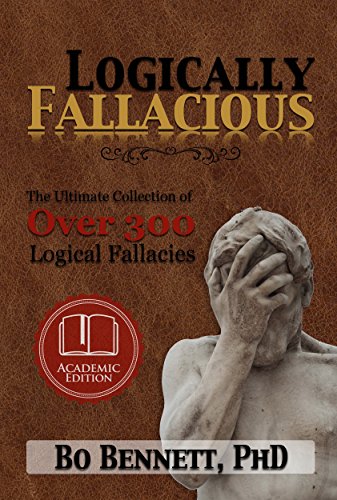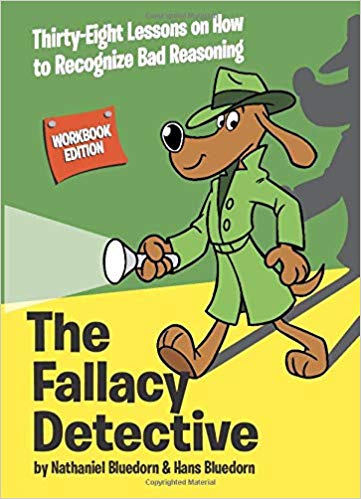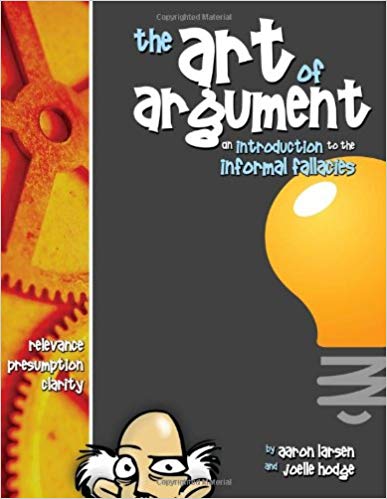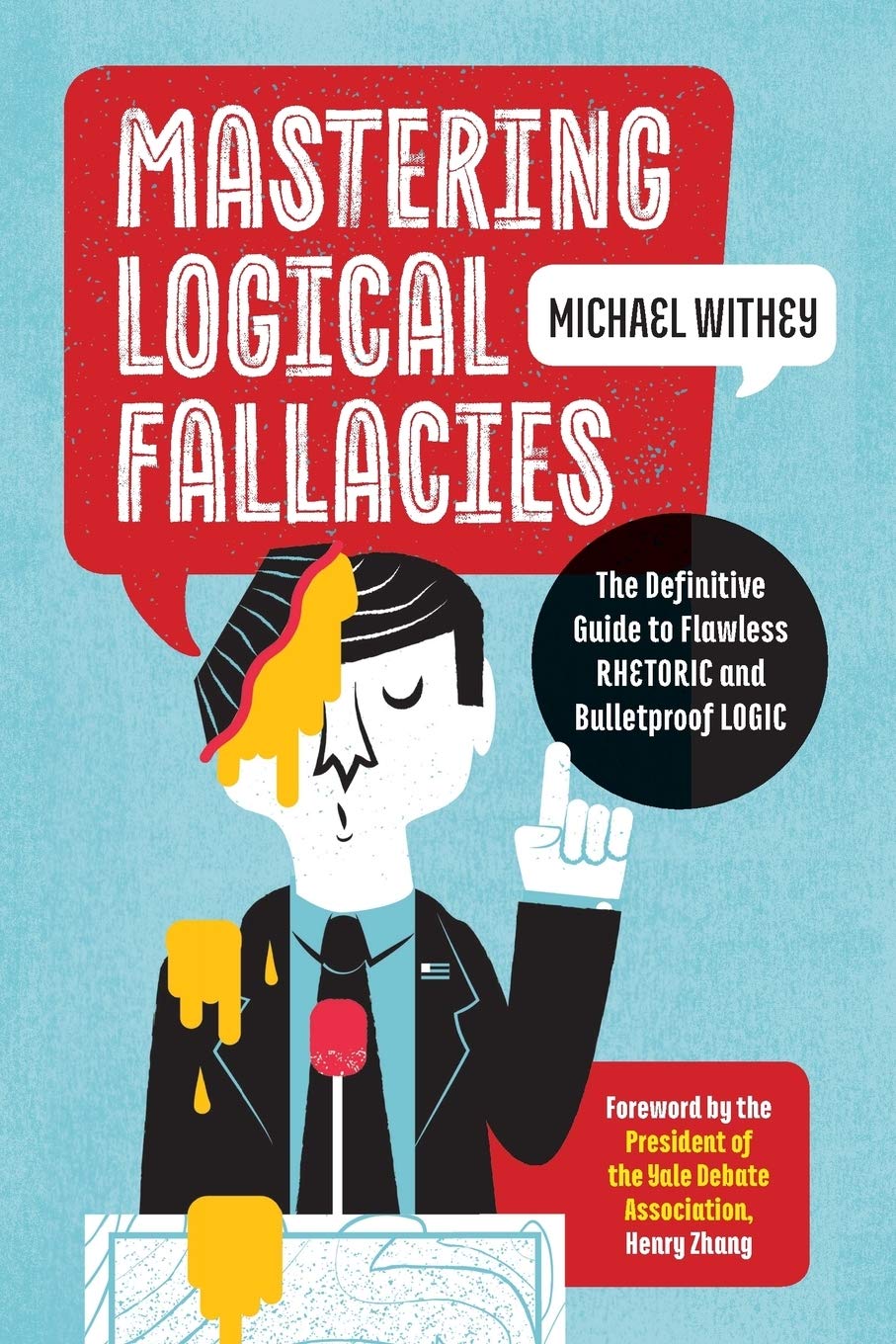The False Dilemma fallacy is a logical fallacy that occurs when only two choices are presented, when in fact there are more viable options available. This fallacy is also known as the “either/or” fallacy and the “black-or-white” fallacy. It is a form of oversimplification that ignores any other potential choices.
In a False Dilemma, two extreme options are presented as the only possibilities, when in reality, more choices exist. This fallacy is often used in arguments to force a decision between two unattractive options, and is commonly seen in politics, advertising, and debates. An example of a False Dilemma fallacy is “You must either support this bill or be labeled a traitor.” Here, the speaker is implying that these are the only two viable options, when in reality, there could be other choices, such as abstaining from voting, or voting against the bill.
The False Dilemma fallacy is closely related to the False Dichotomy fallacy, which occurs when two extreme choices are presented as the only options, but the speaker fails to consider the wide range of possibilities in between. This can be seen in the statement “You either support the war or you are a terrorist sympathizer.” Here, the speaker is implying that these are the only two options, when in reality, there are other options, such as supporting the war but not sympathizing with terrorists.
The False Dilemma fallacy is a common logical fallacy that is used to oversimplify complex issues. It is important to be aware of this fallacy and recognize it when it is used in arguments. It is also important to remember that there are usually more options than what is presented, and to consider all of your choices before making a decision.






